Question And Answer
Publications
Articles, publications, books, tools and multimedia features from the U.S. Institute of Peace provide the latest news, analysis, research findings, practitioner guides and reports, all related to the conflict zones and issues that are at the center of the Institute’s work to prevent and reduce violent conflict.
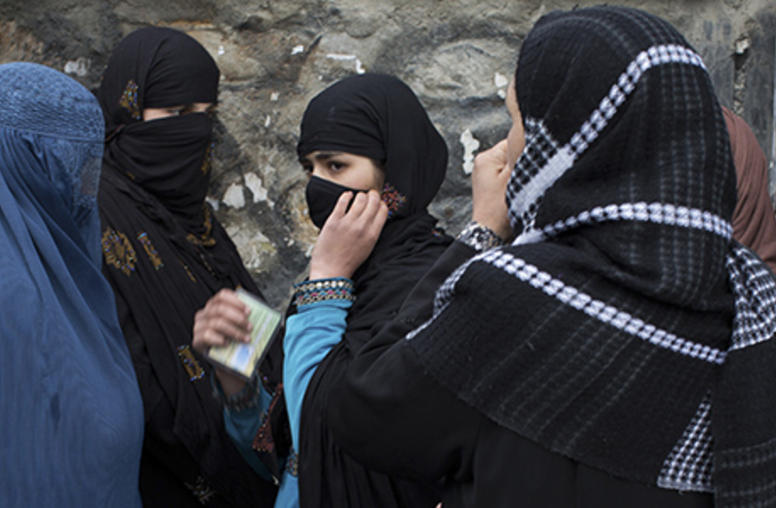
Q&A: The Future of Justice for Women in Afghanistan
The risk of backsliding in the status of women in Afghanistan after 12 years of significant strides is one of the biggest question marks surrounding the country's prospects amid the drawdown of the U.S.-led military coalition. Tim Luccaro, who has worked on traditional dispute resolution, women's access to justice and nonviolent conflict resolution in Afghanistan since 2010, considers what steps will be needed to secure the gains that have been made.
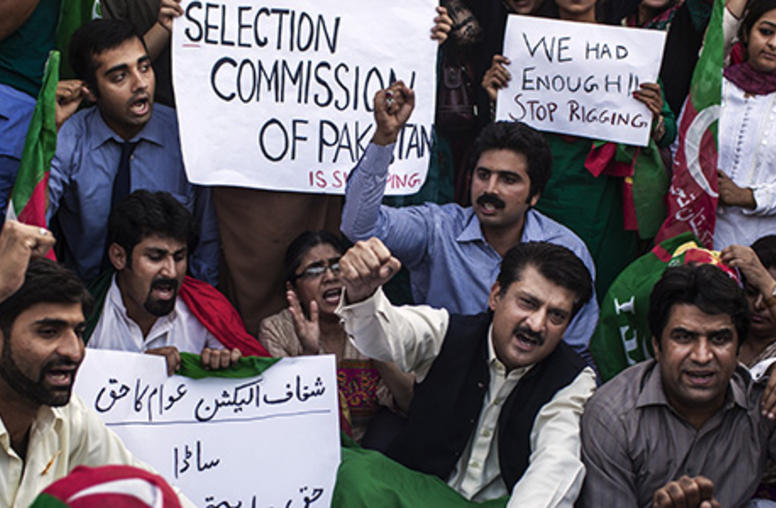
Street Challenges to Pakistan’s Democracy
Pakistan is in political turmoil yet again. Walk into Islamabad's city center and you will find charged crowds of as many as 70,000 people demanding Prime Minister Nawaz Sharif's resignation from office.
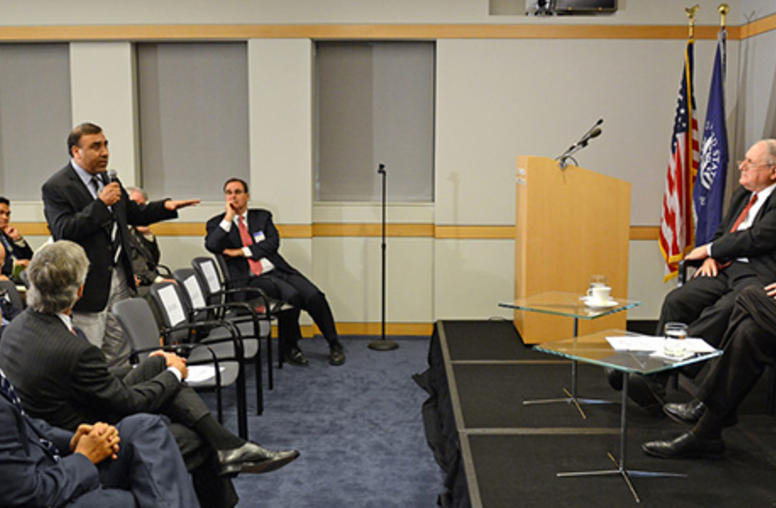
Senator Levin Says U.S.-Afghan Ties Require Better-Informed American Public
Congressional support to continue aiding Afghanistan over the long term will require a better understanding by the American public of the progress made despite well-publicized setbacks, Senate Armed Services Committee Chairman Carl Levin told an audience at the U.S. Institute of Peace.
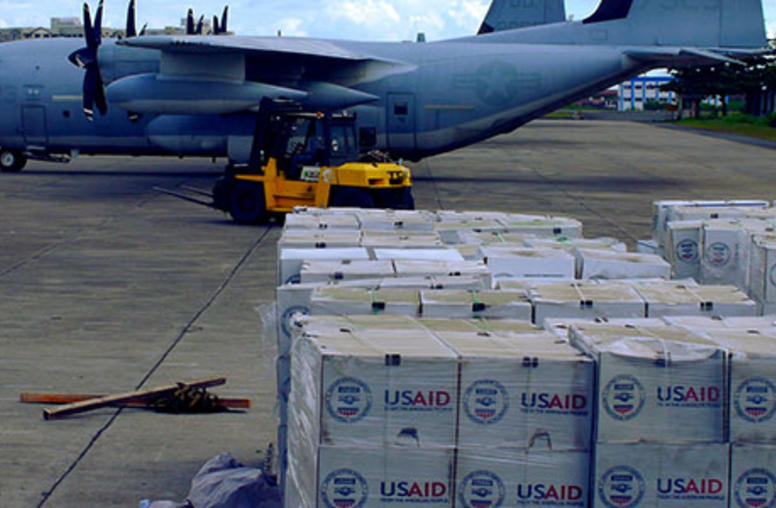
Why the U.S. Foreign Aid and Disaster Relief Process is Broken
Changing how peacebuilding organizations measure success could save aid projects that are stuck trying to meet rigid, dated, and increasingly arbitrary goals in conflict zones.
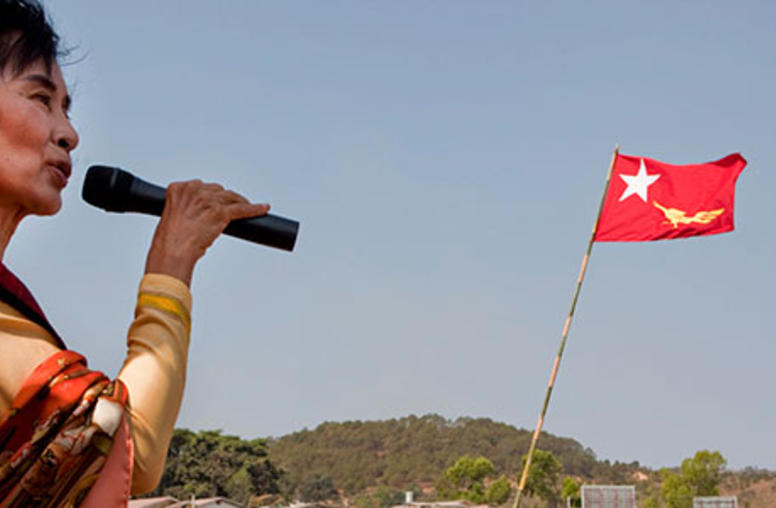
Q&A: Myanmar/Burma’s 2015 Elections
Cascades of violent conflict in Syria, Iraq, South Sudan, Ukraine and elsewhere convulsed 2014, raising anxiety about how the world will fare this year. In this series, experts from the U.S. Institute of Peace explore some of the biggest tests coming up for 2015 in the struggle to prevent or resolve violent conflict. Topics will include Myanmar/Burma’s planned parliamentary elections, Iran’s nuclear program, Nigeria’s impending national elections, Afghanistan’s new government, Pakistan’s stru...
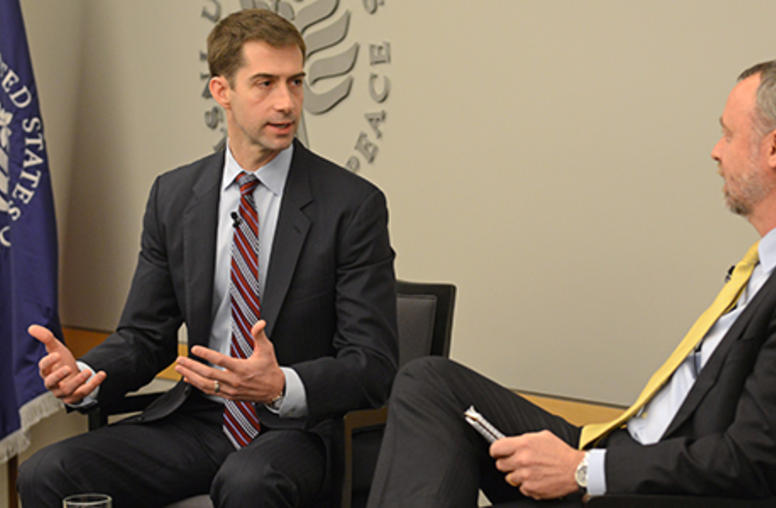
Iraq Crisis Builds Bipartisan Support for Keeping U.S. Troops in Afghanistan, Senator Cotton Says
The revival by ISIS of a brutal Islamist offensive in Iraq makes it urgent to prevent a similar reversal in the Afghan war—and is increasing congressional support for President Obama to maintain U.S. troops in Afghanistan, Senator Tom Cotton (R-Arkansas) said today.
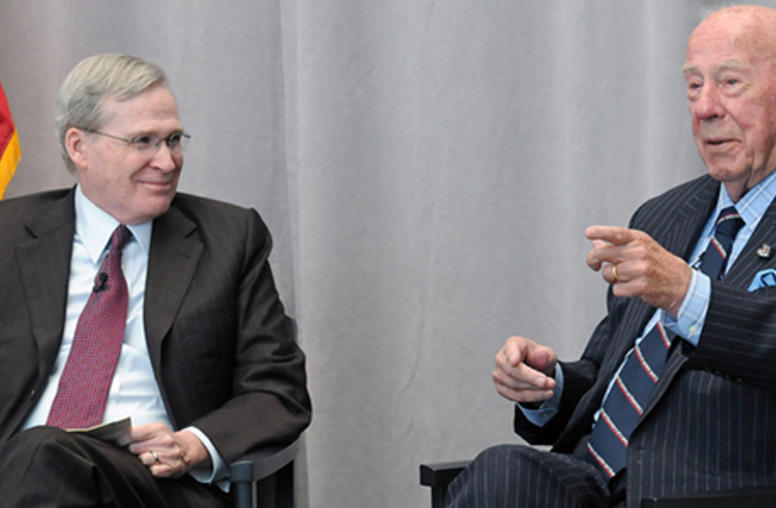
China Has Peaked as a Challenger to U.S. Power, Former Secretary of State Shultz Says
While China continues to grow as an economy and a military and political power, its overall influence relative to the United States has passed its peak, former Secretary of State George Shultz said at the U.S. Institute of Peace January 30. As China’s population ages, fewer working-age people must support a larger aged and dependent populace. “I think China, in relation to the U.S., has already reached its peak,” Shultz said in offering the Institute’s annual Dean Acheson Lecture.
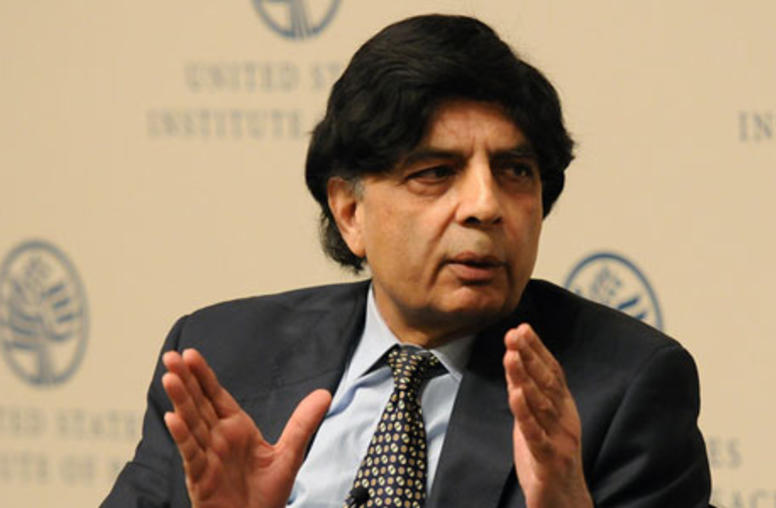
Pakistan’s Interior Minister Outlines New Anti-Terror Plan
The Pakistani Taliban’s killing of more than 150 people at the Army Public School in Peshawar in December spurred the Pakistani government to draft a new National Action Plan against terrorism. A primary architect of that plan, Interior Minister Chaudhry Nisar Ali Khan, discussed his country’s terrorism challenge on Feb. 18 in his first public appearance in Washington since taking office in 2013.
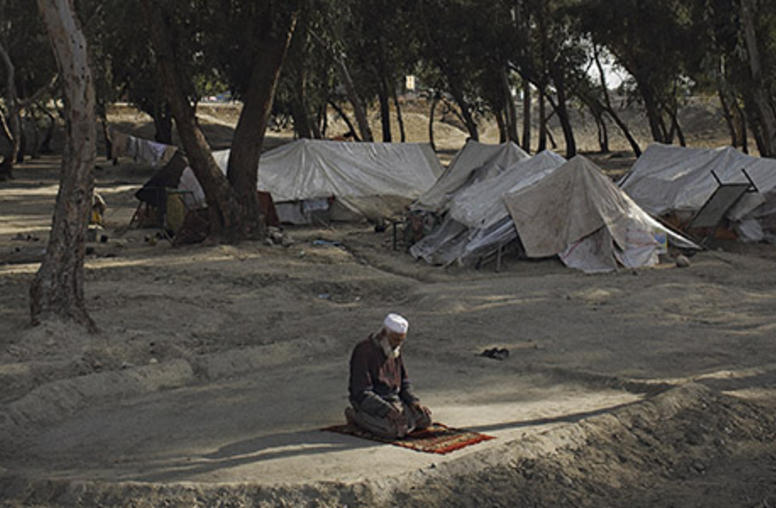
Q&A: Pakistan in the Shifting Neighborhood of 2015
A public backlash against the Pakistani Taliban after a December attack in northwestern Pakistan that killed 134 children has raised hopes that the country’s government and military might finally muster the political will to tackle terrorism and violent extremism. U.S. Institute of Peace Director of Pakistan and South Asia Programs Moeed Yusuf considers the odds in the face of Pakistan’s deteriorating relations with India on the eastern border and a new, though divided government in a still-s...
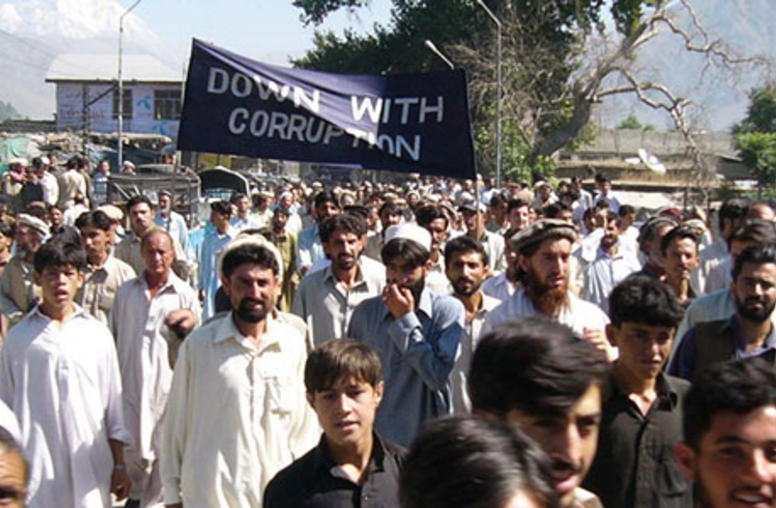
How to Stop Extremism Before It Starts
Endemic corruption is padding the ranks of militant fundamentalist groups. Here's how communities are fighting back.